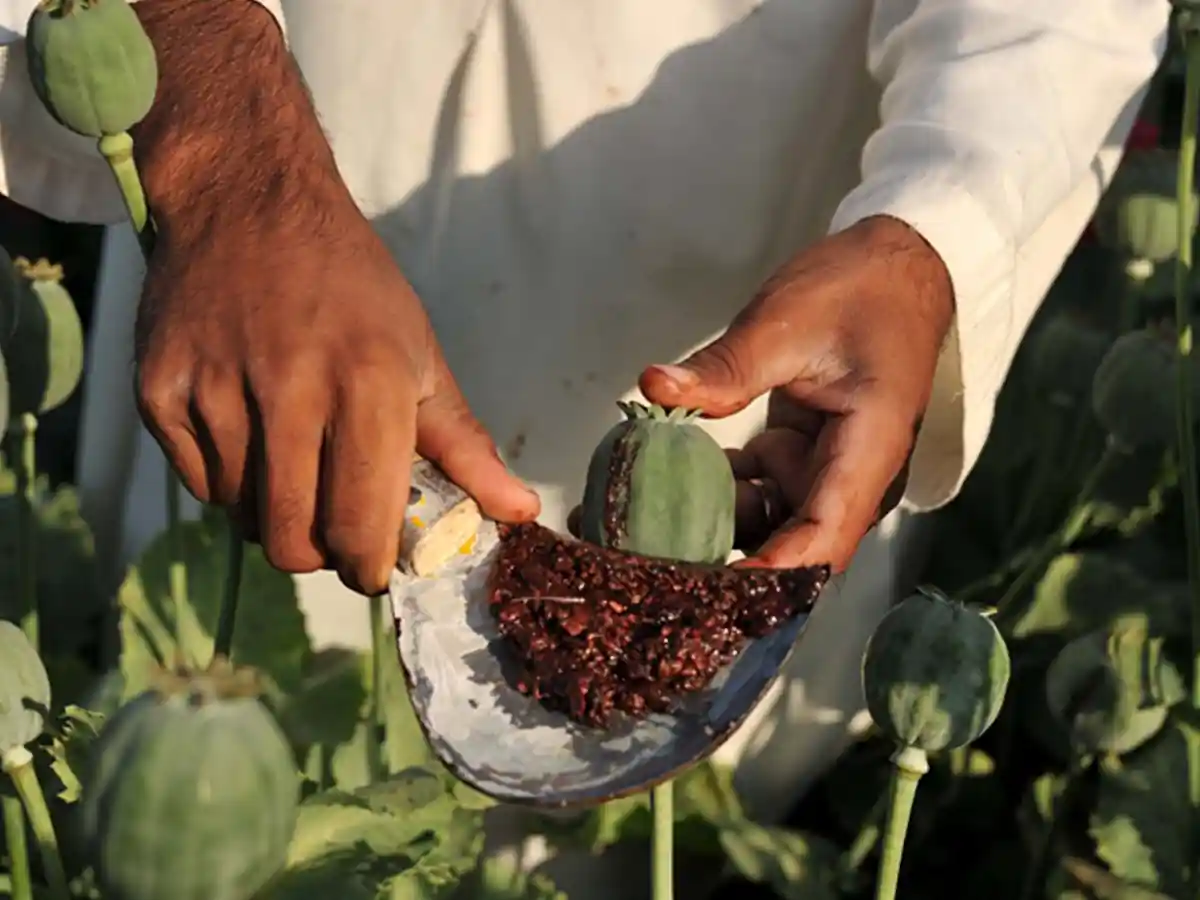A new report from the United Nations Office on Drugs and Crime has declared Afghanistan the world’s largest opium production hub.
According to the UNODC’s 2025 assessment, Afghanistan recorded 10,200 hectares of opium cultivation, marking a 19 percent increase from 2024 despite an overall 20 percent decline projected later in 2025.
The report notes significant increases in opium farming across Zabul, Kunar, and Takhar provinces, where farmers expanded production even as persistent drought conditions caused major crop losses in several districts.
Follow the Times of Karachi channel on WhatsApp
UN analysts said last year’s remaining opium stock within Afghanistan is large enough to meet global demand throughout 2026, indicating the presence of sustained trafficking networks and regional supply chains.
According to the findings, Afghanistan’s total opium output in 2025 reached nearly 296 tons, while the average price of raw opium climbed to 570 US dollars per kilogram.
The report highlights that despite climate pressures and fluctuating yields, cultivation remains deeply rooted due to economic hardship, limited employment and the absence of viable agricultural alternatives for rural communities.
UNODC experts added that ongoing political instability and weak enforcement structures have allowed illegal drug networks to operate with fewer restrictions, supporting large-scale trafficking routes across neighboring countries.
READ: Death toll from climate change on rise globally: Report
Another alarming development identified in the report is the rapid increase in synthetic drug production, particularly methamphetamine, which criminal groups prefer because of its low production cost and simplified trafficking process.
Methamphetamine laboratories are reportedly expanding in eastern Afghanistan, where chemical supplies, skilled operators and remote terrain provide ideal conditions for covert manufacturing operations.
The report warns that synthetic drug expansion could intensify international security challenges, as methamphetamine distribution networks often operate across multiple continents with high profit margins and greater trafficking flexibility.
UN officials stressed that without coordinated regional action, Afghanistan’s evolving drug economy may pose long-term threats to global public health, financial systems and law-enforcement operations across Asia and beyond.
Visit Times of Karachi website for the latest news-related content daily
The agency urged international partners to increase monitoring efforts, strengthen border controls, and support alternative livelihood programs for Afghan farmers to reduce dependence on illicit crop cultivation.
Experts also recommended investment in drought-resistant agriculture, community development and long-term economic recovery measures, noting that sustainable solutions require international cooperation and on-ground support.
The UNODC emphasized that Afghanistan’s drug landscape is shifting, with traditional opium markets being supplemented by synthetic drug operations that pose an even greater threat to global stability.












